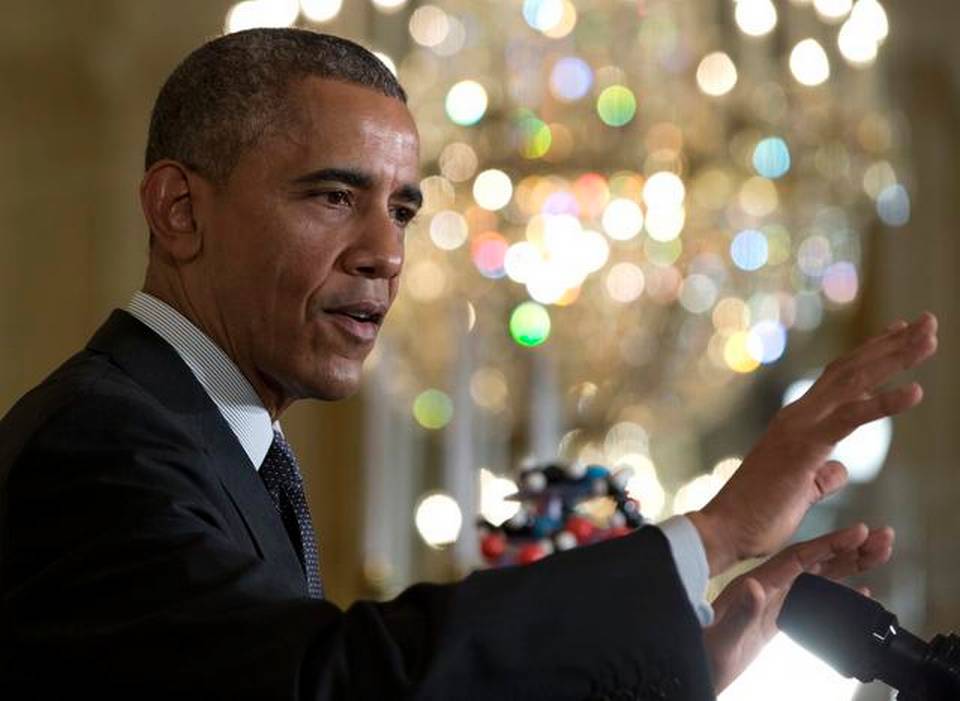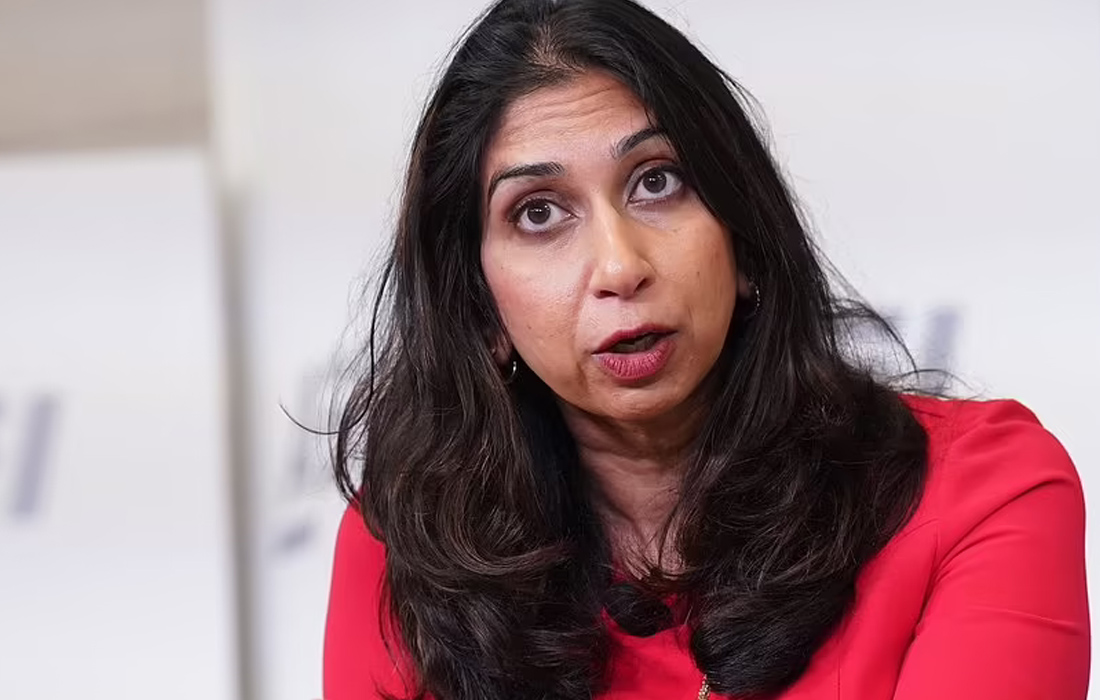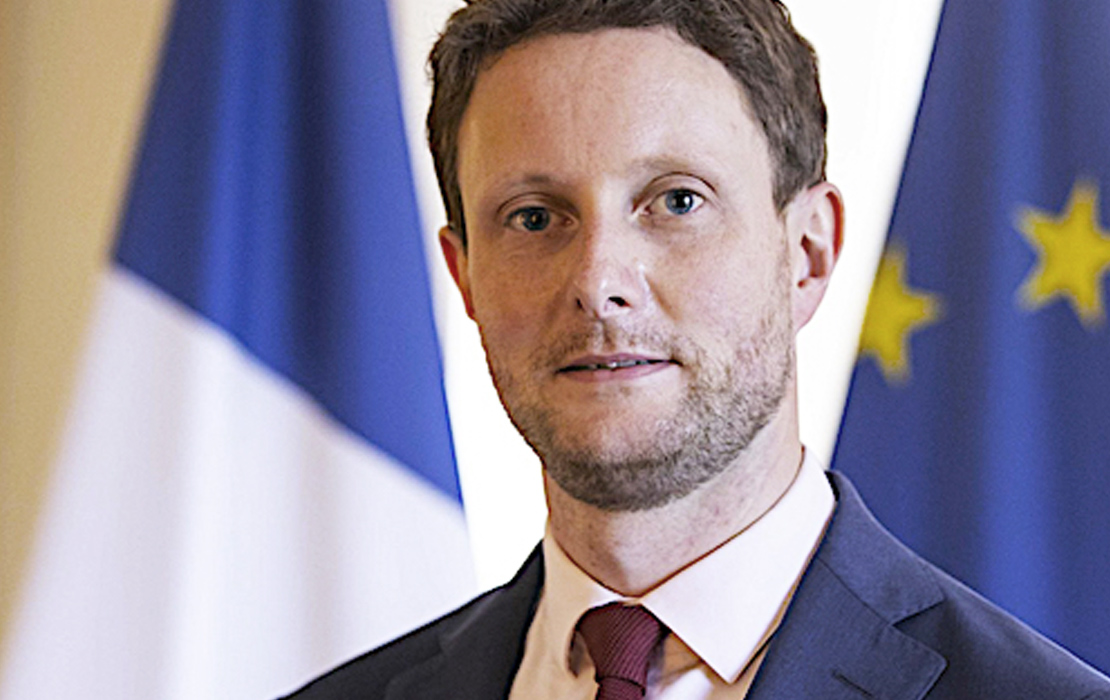>> Obama wants gay couples to have spousal benefits
Barack Obama a lancé une véritable offensive législative pro-gay depuis le début de l’année. Après son discours sur l’état de l’Union et un projet de loi visant à promouvoir les droits des personnes LGBT, il a dévoilé un projet de budget qui prend en compte des modifications du régime de sécurité sociale incluant le fait que tous les couples, gay ou hétéro, soient admissibles aux prestations de leur conjoint sur tout le territoire des États-Unis.
Le projet de budget prévoit en effet que les couples homosexuels qui vivent en dehors des 36 États qui autorisent le mariage de même sexe soient autorisés à recevoir ces prestations.
Selon la loi actuelle, les couples gay mariés qui vivent dans ces États ont droit à ces avantages, mais, contrairement à la situation des couples hétéros, si les couples homosexuels se délocalisent hors de ces 36 Etats autorisant le mariage de même sexe, alors ils perdent leurs prestations de sécurité sociale.
“En vertu de cette proposition, ces couples mariés auraient accès à ces avantages”, dit le budget préparé par l’administration Obama. C’est la première fois que le président suggère un changement de cet ordre.
La modification proposée à la Loi sur la sécurité sociale devra passer devant un Congrès à majorité républicaine, qui est divisé sur la question du mariage de même sexe.
Ce projet de loi en faveur de l’égalité des couples gay marque une vraie offensive législative pro-gay de Barack Obama. Il s’ajoute à un autre projet de loi présenté jeudi dernier aux deux chambres du Congrès américain et qui vise à promouvoir les droits des personnes LGBT dans le monde entier.
>> President Barack Obama’s $4 trillion budget proposal includes a major change to the Social Security Act that would allow same-sex couples to receive spousal benefits even if they live in states that don’t recognize such unions.
Under current law, gay couples who move from one of the 36 states that permit same-sex marriage to one that does not lose the Social Security benefits heterosexual couples enjoy. “Under this proposal, such married couples would have access to these benefits,” according to the budget.
It’s the first time Obama has suggested such a change, though he stated his personal support for gay marriage in 2012. Last year, the president went further, telling the New Yorker’s Jeffery Toobin that he believes the Equal Protection Clause in the U.S. Constitution “does guarantee” same-sex marriage in all 50 states.
The proposal in his budget would have to be passed by a Republican-led Congress that is deeply divided on gay marriage, stirring debate that would put the issue in the forefront as the party is trying to select a 2016 presidential candidate. Social conservatives staunchly oppose such unions, while the libertarian wing prefers the issue be left up to states. Many of the party’s most generous donors, including energy executive David Koch and hedge fund founder Paul Singer, support gay marriage.
Related
President Barack Obama’s new $4 trillion budget plan is distributed by the Senate Budget Committee
President Barack Obama’s new $4 trillion budget plan is distributed by the Senate Budget Committee | J. Scott Applewhite AP
Americans’ views on same-sex marriage have changed rapidly in the past decade, with 52 percent of respondents favoring gay marriages in a September 2014 poll by the Pew Research Center. That’s up from 31 percent supporting the policy in 2004.
Younger voters – those born after 1981 – overwhelmingly support gay marriage with 67 percent approving of it, according to the Pew survey.
The U.S. Supreme Court last month agreed to consider legalizing same-sex marriage nationwide, accepting a case that could be a landmark civil rights ruling and make the president’s proposal moot. The court’s decision, likely to come in late June, could bring gay marriage to all 50 states.
The Obama proposal, which would cost about $14 billion over ten years, is part of a wider plan that would raise taxes for the nation’s wealthiest earners to fund new spending on education and infrastructure.
Avec e-llico.com

















